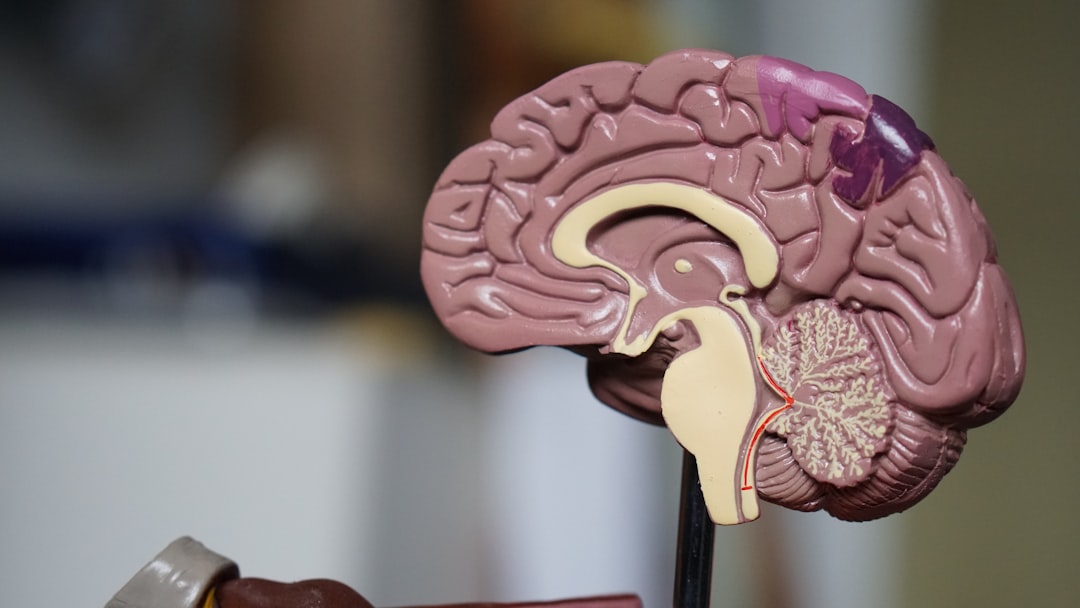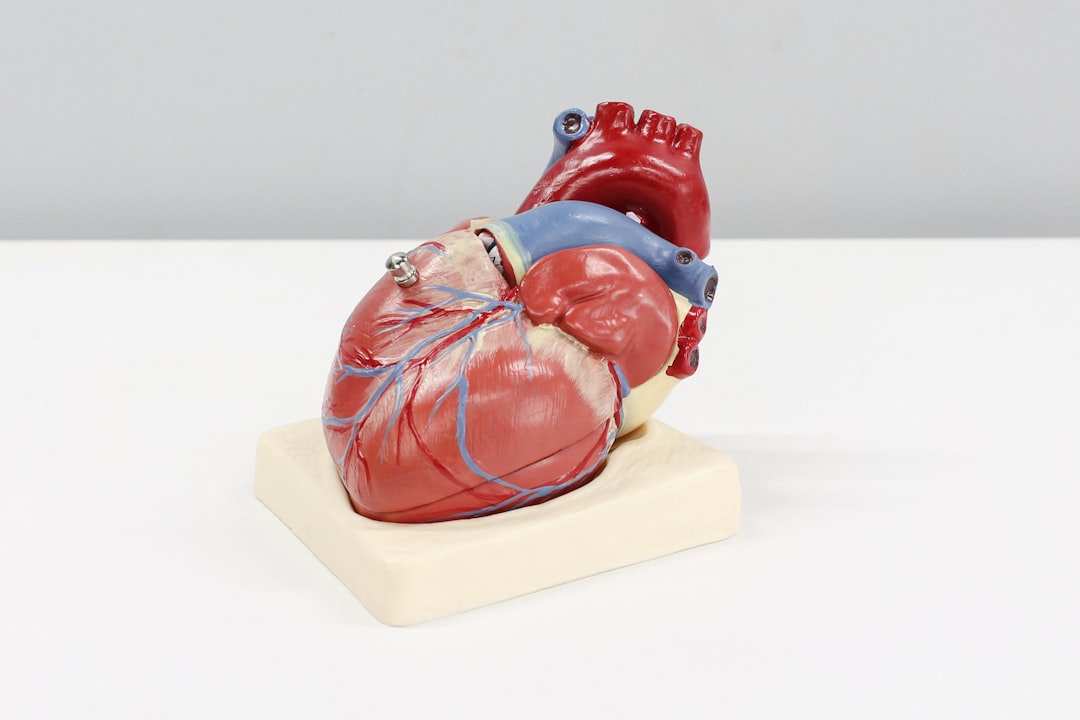There are many different medical specialties that a person can choose to practice in. Each of these specialties requires many years of advanced training, with some requiring a fellowship even after the completion of medical residency. Though the primary care physician is usually the first point of contact for patients, particular issues may result in a referral to a qualified specialist that will be able to treat the condition. Specialists typically do not provide preventive care, but they may provide follow-up care for patients who have been referred by a primary care provider. If you want to find out more, keep reading to learn about three types of medical specialists and what they do.
1. Neurologist

Neurology is the specialty that focuses on the diagnosis and treatment of conditions that affect the nervous system. Neurologists are experts in diagnosing and treating conditions such as stroke, epilepsy, and Alzheimer’s disease. They may also recommend lifestyle changes or prescribe medications to improve the patient’s quality of life. Neurosurgeons are those within the neurological discipline that perform surgical procedures. If you’re concerned about a neurological issue, you can do a quick search for “neurosurgeon near me” and reach out for a consultation.
Neurology is one of the most important and fascinating branches of medicine. The brain and nervous system control all the functions of the body, and when something goes wrong with them, it can cause a wide range of health problems. Neurology is crucial for understanding how the brain works. The brain is a complex organ, and scientists are still learning about its functions. Neurologists and other medical professionals who engage in neurological research can unlock some of the mysteries of the brain, and this knowledge can be used to improve treatments for neurological conditions.
2. Allergist

Allergists are medical professionals who specialize in diagnosing and treating allergies. They can provide relief from symptoms caused by allergies, such as sneezing, a runny nose, and itchy eyes. Allergists can also help people to manage their allergies so that they can live healthier lives. Offices provide a wide range of services, like this one that offers pediatric and adult allergy, asthma, and immunology care in Emerson, NJ. Allergists use a variety of techniques to diagnose allergies, including skin tests, blood tests, and intradermal tests. Once an allergy is diagnosed, the allergist will work with the patient to create a treatment plan. This may include medications, such as antihistamines and decongestants, or allergy shots.
3. Cardiologist

Cardiology is a branch of medicine that deals with the diagnosis and treatment of disorders of the heart. It is an essential medical specialty that is responsible for diagnosing and managing heart conditions. Cardiologists are highly trained physicians who are experts in the care of the heart and circulatory system. Heart disease is the leading cause of death in the United States, which is another reason why cardiological care is so critical. It is necessary for everyone to understand the risk factors for heart disease and to take steps to reduce their risk. Some of the most important risk factors for heart disease include high blood pressure, high cholesterol, smoking, obesity, and physical inactivity.
No one wants to need a doctor’s care, but all of us will have issues with our health at one time or another. Knowing which specialists to see is a key part of taking care of yourself. You can ask your primary care provider when you get a physical if they think there are any other physicians you should consider seeing. Depending on what type of insurance plan you have, you may be able to contact a specialist and make an appointment on your own, so they can evaluate your symptoms and decide whether or not you require additional treatment.
Leave a Reply